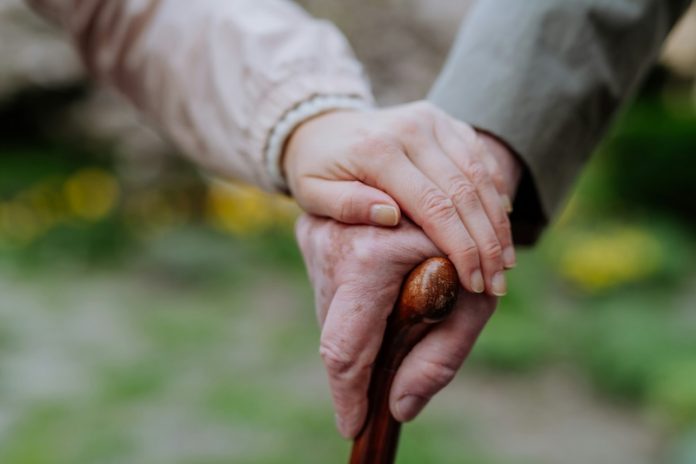
Many people assume that losing muscle strength is a natural part of aging. We often think our muscles simply wear out over time, leading to weakness. However, a recent study from Ohio University suggests that the real issue may not be in the muscles themselves, but in the brain and nervous system.
Researchers, led by Brian Clark, wanted to find out why older adults experience muscle weakness. They studied 66 people in their 70s, focusing on the muscles used to straighten the leg. The participants were asked to push as hard as they could against resistance, allowing the researchers to measure their muscle strength.
Then, the scientists did something interesting. They used electrical stimulation to activate the muscles, bypassing the brain’s signals. If the muscle could produce more force with this stimulation, it meant the muscle itself wasn’t the problem—the issue was with the nerves sending signals from the brain.
The results were surprising. Participants who started with weaker muscles saw the biggest improvement after the electrical stimulation. In fact, the weakest individuals gained 14.2% more strength—twice as much improvement as those who were already stronger.
This suggests that much of the muscle weakness seen in older adults isn’t just about muscle loss; it’s about the nervous system not effectively telling muscles to work.
This discovery could change the way we think about aging and strength. While exercise is still important, focusing on keeping the brain and nervous system healthy may be just as critical. Activities that engage both muscles and nerves—such as balance exercises, coordination drills, and even mental exercises—could help maintain strength and mobility as we age.
The study also raises the possibility of new treatments that improve nerve stimulation, helping older adults stay stronger for longer. Instead of just accepting muscle weakness as an inevitable part of aging, scientists may develop therapies to keep the brain-muscle connection strong.
Published in JAMA Network Open, this research highlights the need to look beyond muscles when addressing age-related weakness. By focusing on the nervous system’s role in strength, we may be able to help older adults stay active, independent, and healthy for years to come.
If you care about muscle, please read studies about factors that can cause muscle weakness in older people, and scientists find a way to reverse high blood sugar and muscle loss.
For more health information, please see recent studies about an easy, cheap way to maintain muscles, and results showing these vegetables essential for your muscle strength.
Copyright © 2025 Knowridge Science Report. All rights reserved.



